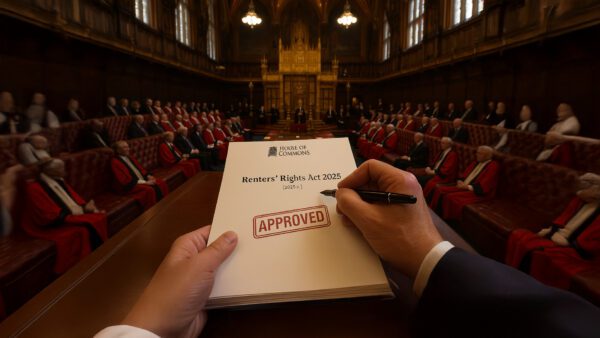When a member state asks INTERPOL to publish information about a suspect or convicted person, INTERPOL distributes this information to the databases of all member states. There is a publicly available list, but sometimes the requesting member state specifically asks for the suspect’s or convicted person’s information to be excluded from this public list, which can be accessed here.
The first step is to check the public list. However, you can also inquire with INTERPOL to find out if you are on the private list. It is important to seek expert advice before doing so, as this could reveal your location to the requesting member state.
Additionally, INTERPOL is not always required to disclose whether they hold any information about you.
There Are Four Ways To Challenge A Red Notice Issued By INTERPOL:
The first approach is to question the validity of the Red Notice itself. According to INTERPOL’s rules, the offense must be “a serious ordinary-law crime.” Therefore, Red Notices should not be issued for private or civil disputes. There are also specific criteria regarding the length of the applicable sentence. Although INTERPOL has some discretion in these matters, this may be the weakest challenge, but it is still an avenue for recourse.
The second method is to challenge the Red Notice based on another rule that requires sufficient details to be provided. Given the high volume of Red Notice requests INTERPOL receives, it is worthwhile to ensure that INTERPOL has conducted thorough inquiries to meet these requirements. There is often significant room to argue your case by making representations to INTERPOL that the necessary thresholds have not been met.
The third way to contest a Red Notice is by arguing that cooperating with the requesting member state’s request is not “in the spirit” of the Universal Declaration of Human Rights (UDHR). For instance, this could involve demonstrating that the requesting state would not provide the individual with a fair trial, in line with Articles 6 and 10 of the UDHR.
A fourth route is to invoke Article 3 of the INTERPOL Constitution, which explicitly prohibits INTERPOL from engaging in any activities or interventions of a political, military, religious, or racial nature.
There is no single “best” way to challenge a Red Notice. Instead, the strategy must be carefully tailored to the specifics of the request and the particular circumstances of the case.
Quastels is able to offer expert legal advice if you have, or you fear you may have, an outstanding INTERPOL Red Notice.
If you or your connections require legal advice, please contact Jayesh Jethwa or fill out our enquiry form below.









